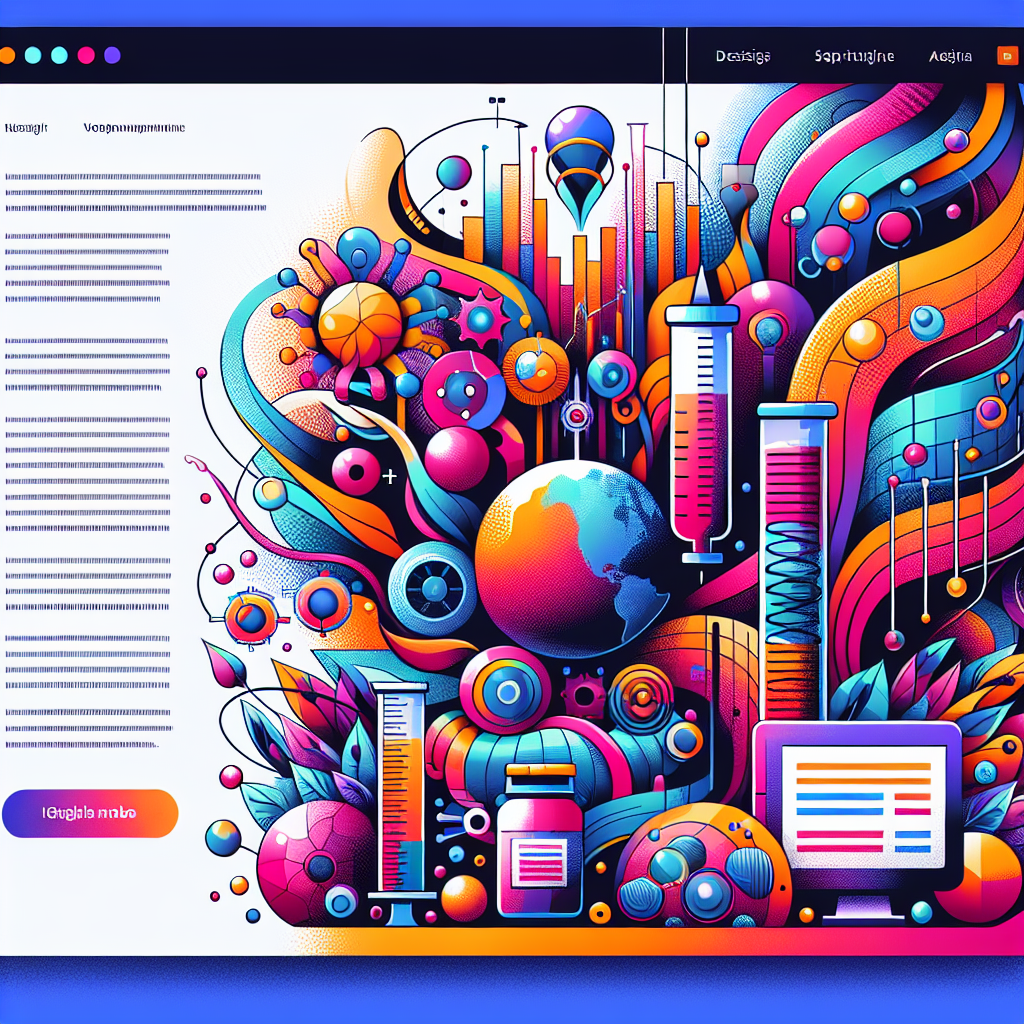Oscar Brings AI to Health Insurance, Reducing Costs and Improving Patient Care
Oscar Health, a healthcare technology company, has successfully leveraged artificial intelligence (AI) to streamline and automate various processes within the healthcare industry. By partnering with OpenAI, Oscar has managed to reduce costs and enhance patient care significantly.
Background
The healthcare industry is known for its complexity and inefficiencies. Oscar Health aims to address these issues by integrating AI into their operations. According to Mario Schlosser, Co-Founder & Chief Technology Officer of Oscar, “Language models were the first time we thought, you can translate the messiness of the real world into a clear digitized plan.”
Current Developments
Oscar has utilized OpenAI’s models to automate several tedious manual processes that drive up healthcare costs. One notable use case is clinical documentation. Documenting a single conversation between a patient and the medical team can take a human more than 20 minutes. With OpenAI’s API, Oscar has cut the time spent documenting medical care conversations and reviewing lab test results by nearly 40%, saving countless hours across the company and reducing burnout among nurses and clinicians.
Another significant development is the creation of a claims assistant. Understanding the life story of a claim is incredibly complex work due to millions of contractual variables at play. When a doctor has a question about a claim, Oscar’s teams must navigate detailed logs of every decision made throughout a claim’s processing journey. With OpenAI’s API, Oscar has built an assistant that navigates the claim trace efficiently and automates the process of answering questions about the patient’s claims.
The claims assistant has reduced the time it takes for the claims processing team to resolve escalations by 50%, with accuracy on par or better than human agents. Oscar expects to automate investigation for at least 4,000 tickets per month, or 48,000 tickets by the end of the year.
Expert Insights
Nikhita Luthra, Senior Product Manager and AI R&D Lead at Oscar, explained that they benchmark all major models on a regular basis using proprietary datasets for healthcare-specific use cases. “The OpenAI models consistently perform the best,” she said. Ease of compliance was also a major factor; Oscar was the first insurance company to sign a Business Associate Agreement (BAA) with OpenAI, ensuring HIPAA compliance.
Implications
The integration of AI into Oscar’s operations has significant implications for both businesses and consumers. For businesses, AI can lead to increased efficiency and cost savings. For consumers, AI-powered applications offer convenience and personalized experiences. However, these benefits come with challenges, including ethical considerations and the need for robust data privacy measures.
Practical Takeaways
Stay Informed: Keep up with the latest AI trends by following reputable tech news sources.
Embrace AI Tools: Explore AI-powered tools and applications that can enhance your productivity and creativity.
Consider Ethics: Be mindful of the ethical implications of AI and advocate for responsible AI practices.
Conclusion
As AI continues to evolve, its impact on our lives will only grow. By staying informed and embracing these technologies responsibly, we can harness the power of AI to create a better future.
What do you think about Oscar’s use of AI in healthcare? Share your thoughts in the comments below and don’t forget to follow our blog for more tech insights and updates For more information on how Oscar is leveraging AI, visit Oscar Brings AI to Health Insurance.

Leave a Reply